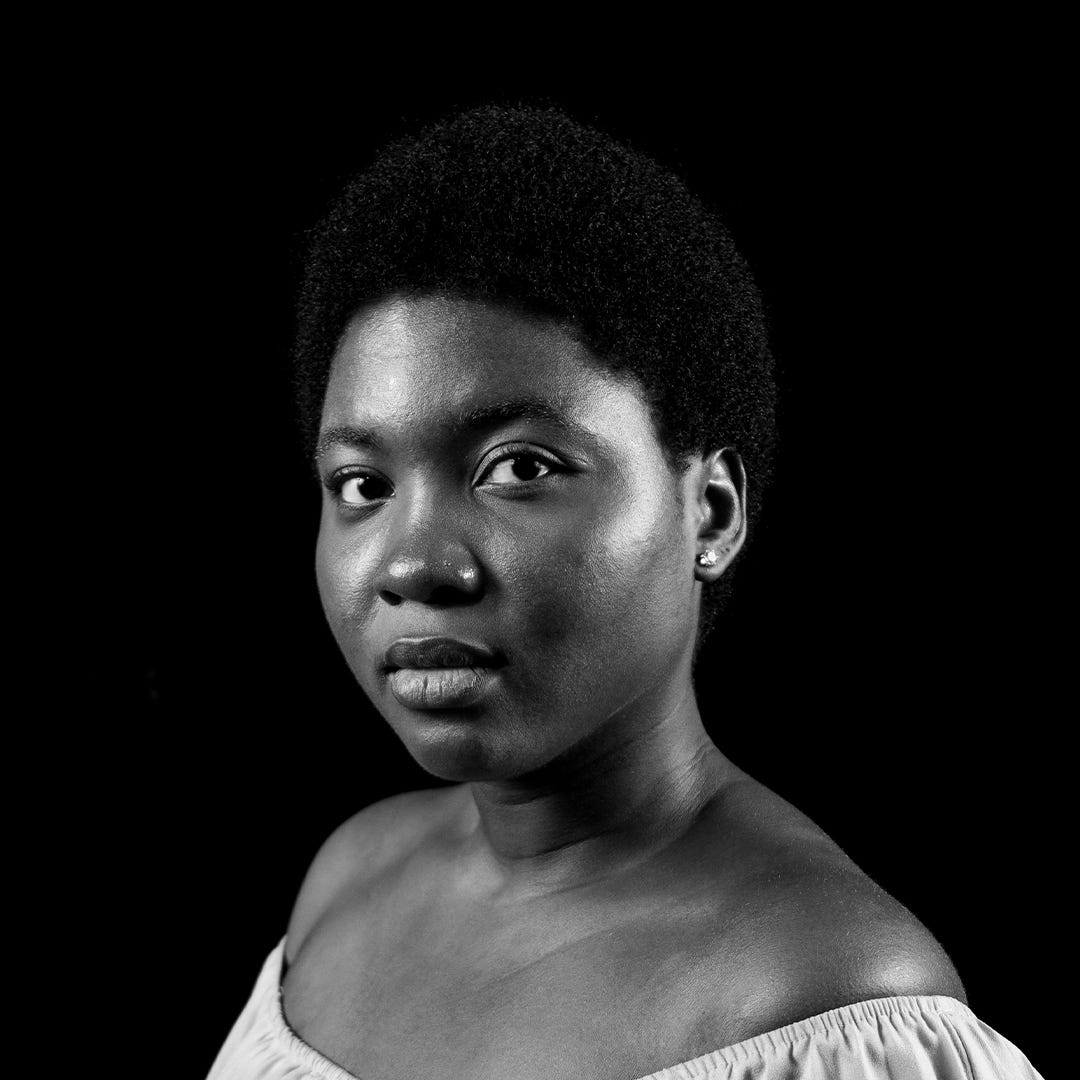"Closing the studio was a very tough decision to make"— Seyi Olusanya on closing Dá Design Studio
Nigerian design studio Dá Design Studio closing its doors in 2023 came as a shock to many. The studio's co-founder Seyi Olusanya opens up on why they made the tough decision to close the studio.
The co-founder of Nigerian brand identity design studio, Dá Design Studio, which closed its doors in 2023 has opened up on the decision to close the studio.
Last year, the team announced they were closing the studio, which came as a shock to many considering the reputation it has built over the years as one of the topmost brand design studios in the country.
Dá Design Studio, popularly known for its work for notable Nigerian startups and companies such as Paystack, Cowrywise, Rise, Mono, and Green Africa Airways, was pivotal and instrumental in shaping the conversation around brand design and design in Africa.
In the latest episode of The Hungry Creative Podcast, Seyi Olusanya, who led art direction and co-founded the studio with Damilola Marcus, opened up on why they made the tough decision to close the studio.
Even though the decision to close the studio made him feel like he had failed—because he had a dream to run the foremost design studio in Nigeria, which later expanded to in Africa, he says, the decision had to be made. “Closing the studio was a very tough decision,” Seyi shares.
“It was a mix of many things,” he says, before going on to highlight four major things that contributed to them making the decision.
Read Also: Seyi Olusanya on getting into type design, founding Afrotype, and collaborating with Google Fonts
The first thing he pointed to was the experience creating work for Nigerian startups and the state of maturity of the ecosystem. “When I say the state of maturity [of the ecosystem], I mean we were creating work for a lot of startups,” he explains. And what is required when branding a startup, he says, is different compared to when branding an established company.
“Branding does very different things for different companies based on the stage they are,” he says. “Startups need to be agile. They need to move fast. So if you put a lot of dedication and care into a brand system for a startup, two months after they launch, the product can change and you can’t fault them.”
He continues, “You can’t even be upset because [that is] the nature of startups. A startup is by definition, just starting up and they are trying to figure out product market fit.”
“They are trying to figure out who they are, what it is they bring to the market and what the actual value is, who their market is, what it is they are trying to do and many things.”
All these figuring out, he notes, they are doing on investors money. “There’s pressure to figure out all of these things, so you don’t expect them to treat systems that you design as sacred,” he explains. “If they need to break it, they will break it. Because the main thing for them is returns for shareholders. So it’s tough.”
While the issue seems to be recurrent amongst startups, he notes that they had success with startups who were more faithful to the system. Startups like Paystack and Cowrywise, he says, are some of their success stories because they found themselves early on and have only evolved from what they came to them with. “You will find that a lot of the businesses that still to some extent maintained the identity work that we did for them are people that found themselves early,” he says. “No shade to the people who didn’t. That’s the nature of the work.”
The second reason, he says, is the state of commerce. “It has to do with money,” he says. “Right now as a freelancer, I am making maybe 20X what I will make in a year running the studio in a month.”
He notes that running the studio started to feel like he was sacrificing a lot financially. “I always knew I could earn a lot more and at a point it started feeling sacrificial,” he explains.
Considering that he would get to a point where he might want to have a family and kids, buy a house and not worry about rent, or buy a car he’s been eyeing for some time, “It started feeling like I was sacrificing so much to keep the studio running because I knew inherently that I had the skill to earn the money,” Seyi shares. “So it didn’t make sense anymore.”
Still, on the money matter, he adds that his co-founder Dami, who is also his wife, career as an artist was beginning to take off. “Dami always wanted to paint, not as a hobby but as a career,” he explains. “While we were running the studio, she would paint. And [her painting] started to take off.”
“She got signed and started exhibiting and catching the eyes of global curators … it didn’t make sense for her to be earning what she was earning in Naira when one painting would pay her salary for years.”
I guess we could also look at it that we had achieved everything we had set out to achieve, Seyi says. “I can put Pentagram on my resume and say I have worked with Eddie Opara and the largest independent consultants in the world,” he shares. “I [have also] worked with big startups in Nigeria—all of which were the dream when we started.”
He adds, “I can say we shifted the needle and advanced and matured the conversation around brand design and design generally in this space.”
The last reason, which he says is very touchy and personal for him, was how running the studio was beginning to affect the relationship between him and Dami, his wife. “It became a little bit tense for us in our relationship,” he explains.
Unlike Dami who was good at separating their personal relationship from the work they do, he couldn’t. For example, “Once it’s 5 pm, even if we were having a tense argument about art direction—because we are both passionate about our work, she switches off,” he says. “She [would] go to the living room to watch TV and expect me to sit down with her to watch it like we weren’t just arguing [about work]. But I was bad at it. Design for me is so personal. I think about it every time.”
“It was getting to a point where that was the majority of our relationship,” he explains. “We had a relationship before the studio. So there was the nostalgia of ‘this is not what you promised me.’”
So because of this and the other reasons I mentioned, we had to make the decision to end the studio, he says. They figured that pursuing their work separately would ease the tension in the relationship and allow for their “actual relationship” to boom. “This for me was the biggest reason,” Seyi reveals. “Every other thing was secondary.”
He adds, “I envy couples that work together. I am amazed at the work it takes to do that.”
Since closing the studio, Dami has gone on to pursue her career as an artist and work on Bawsty, a clothing brand she co-founded. As for Seyi, he has been consulting with businesses and also launched his typeface collaborations with Google Fonts through Afrotype, a typedesign studio he operates out of Lagos.
While Dá Design Studio may not be operational any longer, the impact of their work in the startup ecosystem in Nigeria and beyond will continue to be felt. Their contribution to the development and evolution of the design ecosystem will not be forgotten as well.
Have a design story, news, or tip to share? Send them to thecreativesnote[at]gmail[dot]com.
















Really interesting insights. All the best to both of them, creatively and personally